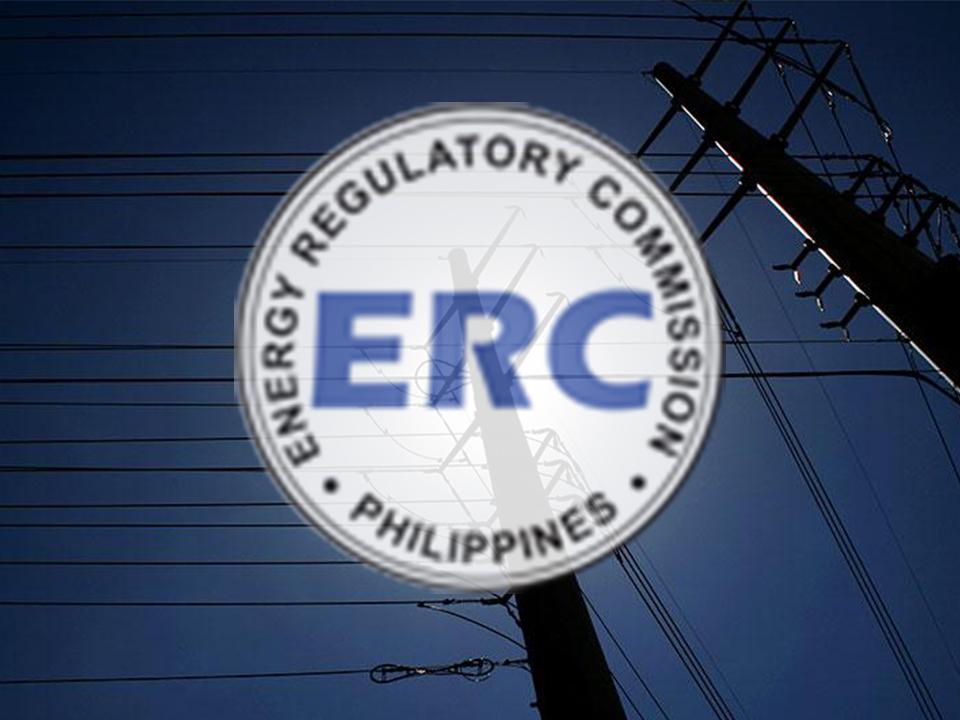ERC urged to review 'customer unfriendly' power rate-setting mechanism

Senator Risa Hontiveros on Thursday called on the Energy Regulatory Commission (ERC) to conduct a review of its power rate-setting mechanism, saying that its "complex and ambiguous" nature makes it less friendly to consumers.
Hontiveros made the remark after Meralco slashed its electricity rates for the second straight month in March, reflecting the government-mandated refund to its consumers.
The senator said the P13 billion refund of Meralco to its consumers is a welcome development, but the decision of the ERC to grant the distribution company's petition "obscures the original sin" that create the issue of over-recovery, if not fraud, in the electricity industry.
“Magandang balita sana na bababa ang babayaran natin sa kuryente. Pero kung tutuusin, soli-bayad lang naman ito sa sobra nilang nasingil,” she said.
Hontiveros was referring to the rate-setting methodology called Performance-Based Regulation (PBR) that the ERC adopted as early as 2000 to replace the return on rate base (RORB) method.
PBR is an internationally-accepted methodology which uses projections of operating and capital expenditures to enable the regulator to evaluate investment in facilities to meet customer requirements and prescribed service levels.
It also has a performance incentive scheme by which the regulator provides incentives and penalties to the utility to compel it to be more efficient and reliable, while maintaining reasonable rates and improving the quality of service to achieve pre-determined target levels.
Consumer groups asserted that the PBR is "too complex to understand," while the Supreme Court said it is tantamount to "transferring wealth from electricity consumers to utilities’ shareholders," she added.
“Matagal nang hinihingi ng consumer groups maibalik sa dating RORB ang rate-setting mechanism dahil mismong ang ERC ay hindi maipaliwanag kung bakit ang mga utility tulad ng Meralco ay umabot sa 15.50% ang weighted average cost of capital (WACC) na sinisingil sa ilalim ng PBR. Lagpas ito sa 12% return na itinatakda ng batas para sa mga public utilities,” Hontiveros said.
She added that during the Senate deliberations on the Chinese control of the national grid, it was found that the ERC granted the National Grid Corporation of the Philippines the same WACC of 15% when its market risks are much lower than that of Meralco.
“Hinahamon natin ang ERC na gumamit ng regulasyon na mas madaling maunawaan, may basehan na consistent sa direktiba ng EPIRA na magkaroon ng methodology that allows the recovery of just and reasonable costs at hindi base sa inflated forecasted cost na nangyayari ngayon sa PBR. Imbis na bumaba ang singil, mas tumaas pa gamit ang PBR,” Hontiveros said.
“Public utilities, such as the power sector, are imbued with public interest. Tungkulin ng gobyerno, ng ERC bilang regulatory body na proteksyunan ang interes at kapakanan ng publiko mula sa anumang pagmamalabis o pananamantala,” she added.—AOL, GMA News



